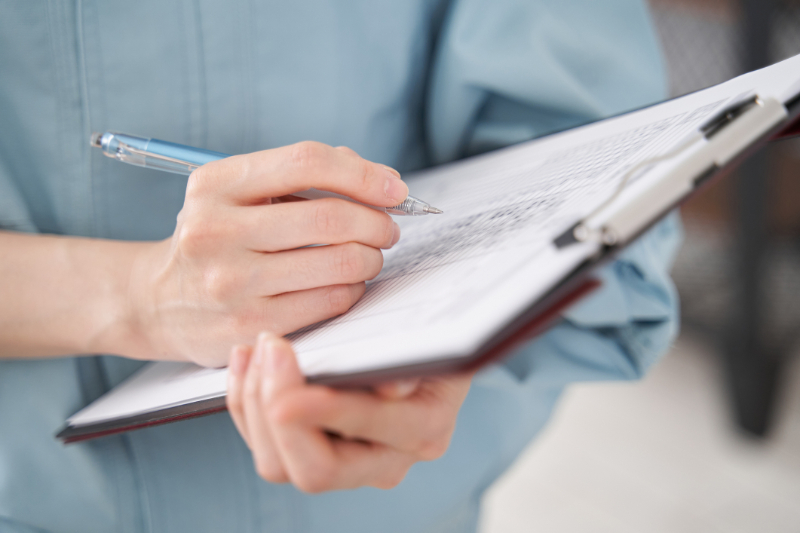
Before closing on a home and ending a real estate journey, most homebuyers work with a home inspector to assess the property’s condition. Home inspectors play a crucial role in identifying potential problems with a home for sale or giving you information that will guide you in terms of after-sale upkeep.
Investing in a professional home inspection’s cost can save you money in the long run, either by identifying a bad investment or uncovering defects and potential problems that you can take up with the seller for further negotiation.
A home inspection is one of the most important steps in purchasing real estate. Unfortunately, some buyers skip the inspection process out of excitement, lack of experience, or the misguided notion that avoiding house inspection cost saves money.
AVOIDING HOME INSPECTION MISTAKES
Let’s go through everything you need to know about home inspection mistakes and typical home inspection mistakes to avoid:
- Skipping Inspection: You can conduct your own visual assessment before submitting an offer, but it’s best to have a professional come in and do a thorough home inspection. The cost of unexpected issues because of things you missed can quickly get expensive. If you need a home inspector within the area, see if you can get a referral from your real estate agent.
- Researching the Inspector: It’s best to work with a licensed, experienced team that can readily provide verified reviews and recommendations. Before hiring and settling on a house inspection cost/price, ask about the inspector’s length of experience, number of inspections completed, and qualifications and training. It’s often tempting to go with the cheapest option, but the results of an inspection are only as good as the inspector doing it.
- Lacking home preparation: Home inspectors will find it much harder to complete an inspection if the house is not prepped correctly. There are small things owners can do to facilitate the process, such as removing obstructions blocking the crawl space hatch or preparing the keys to the utility closet, basement, and other parts of the home that inspectors need to access.
- Not Attending the Inspection: Attending the inspection isn’t required, but it’s a smart move because if you’re there, you’ll have a better understanding of what was seen. Depending on your chosen professional, you can be present during the process or come in before they finish so they can explain, take you around, and answer any questions you may have. A good inspector can estimate the cost of repairs and upgrades, which impacts your negotiations or after-sales budget.
- Ignoring the Inspection Report: Unless you’re buying a brand new, luxury home or there was recently a quality renovation, it’s nearly impossible for a home not to have any issues. Sometimes, recommendations aren’t taken seriously because of the house inspection cost and corresponding additional expenses. As a buyer, it’s essential to know all the issues before investing in a property. Run through the report and focus on the issues that matter; categorize the significant and secondary concerns and take it from there.
Overall, the house inspection cost is a fraction of the cost of a new home or the expenses that you may incur to fix a problem that went undiscovered. An inspection goes a long way to giving you peace of mind about your investment.
Let us help you in your real estate journey. We will guide you through every step of the home buying process, including home inspections. Call 954.644.9118 or contact us here.

